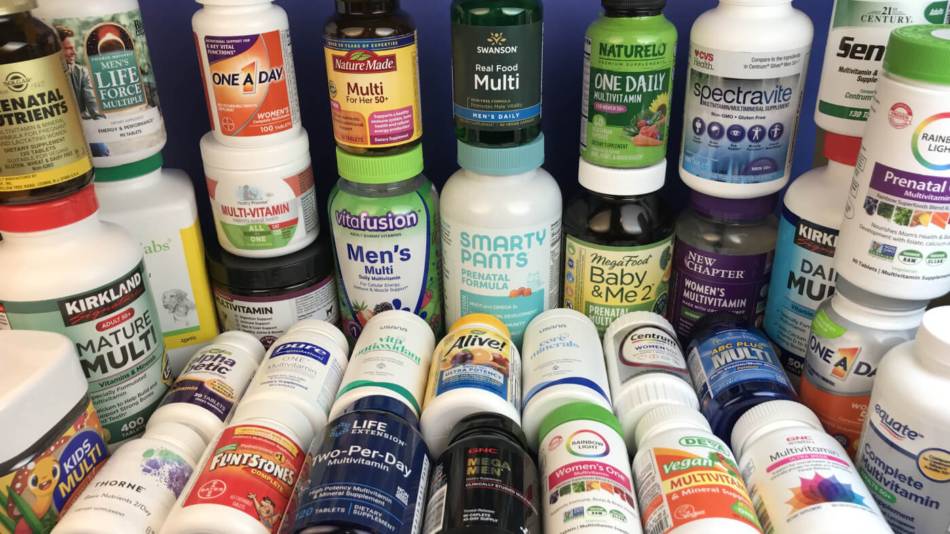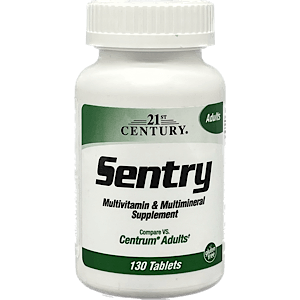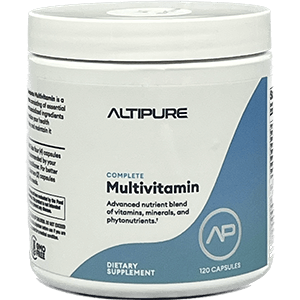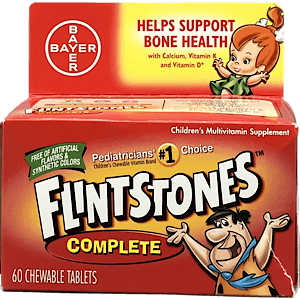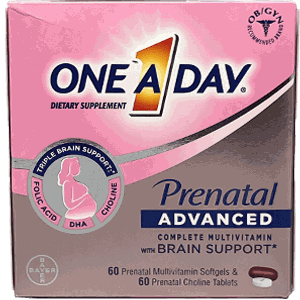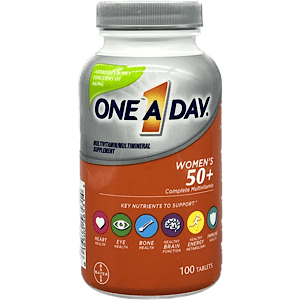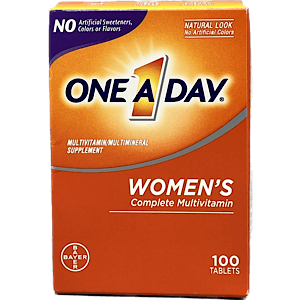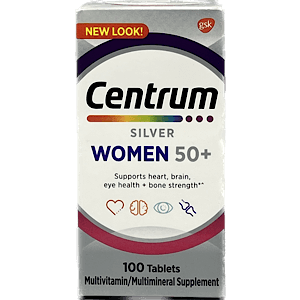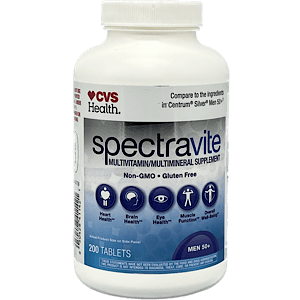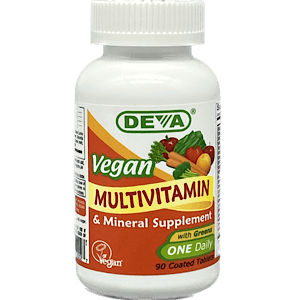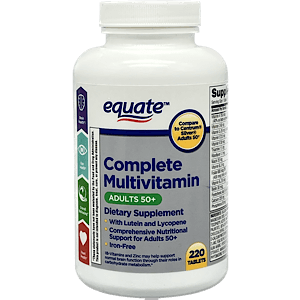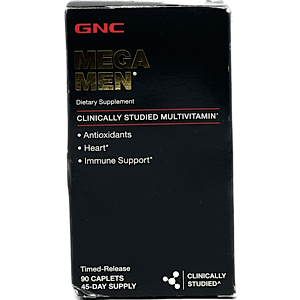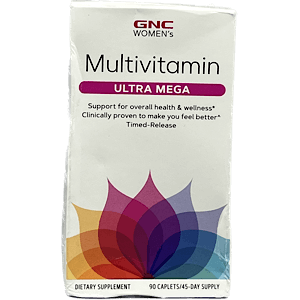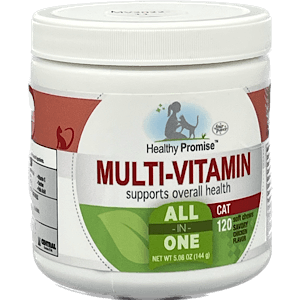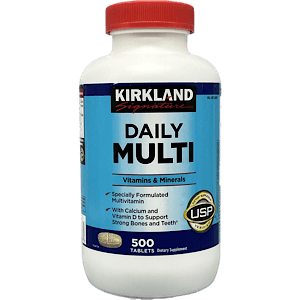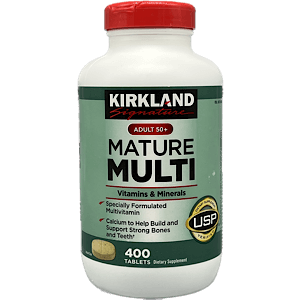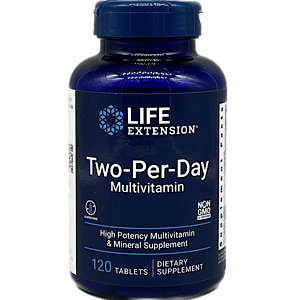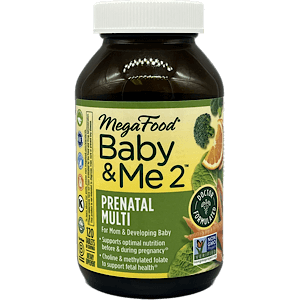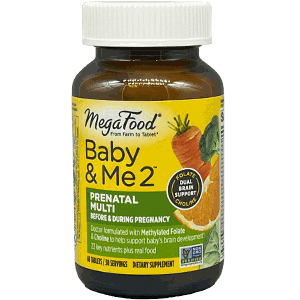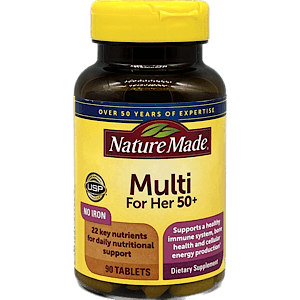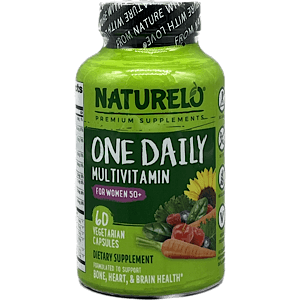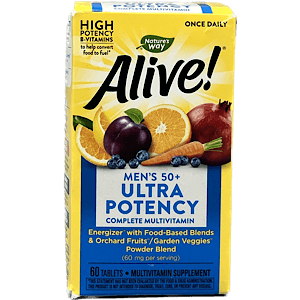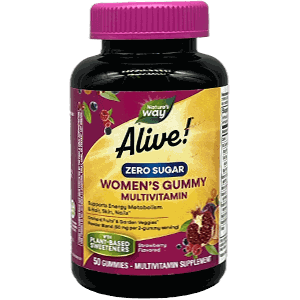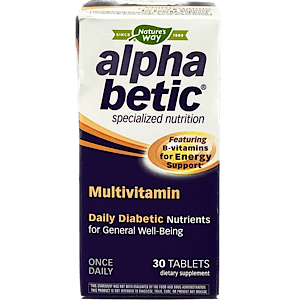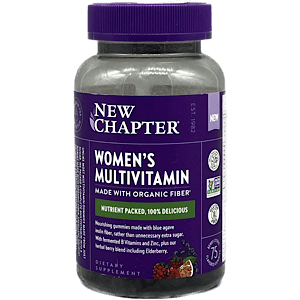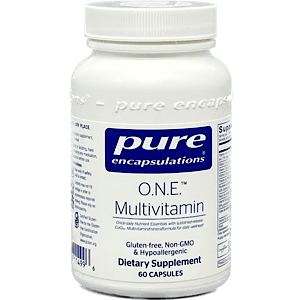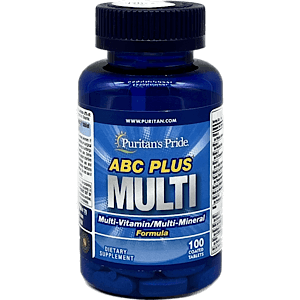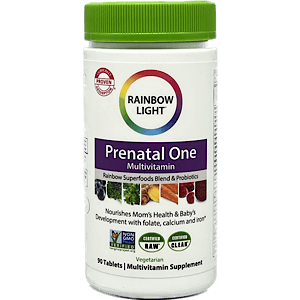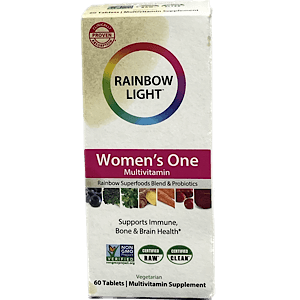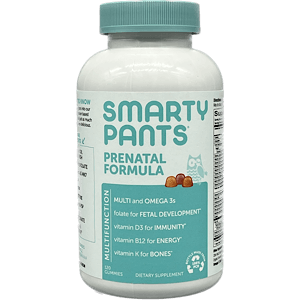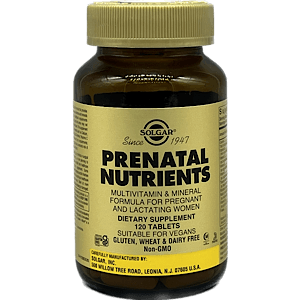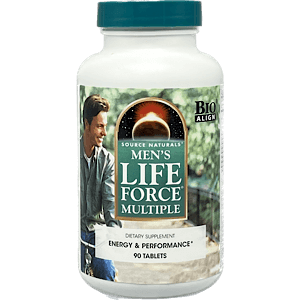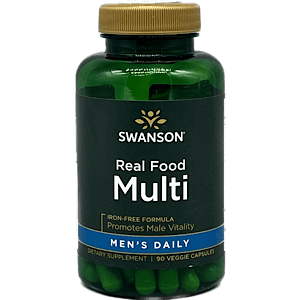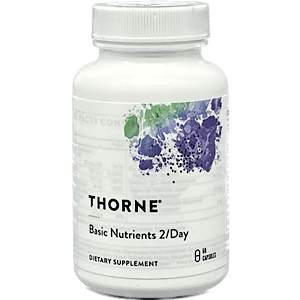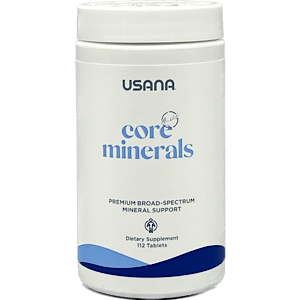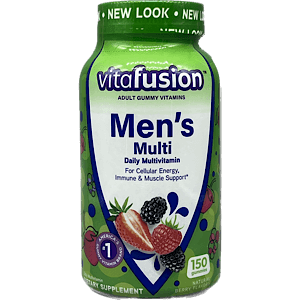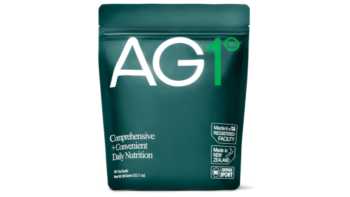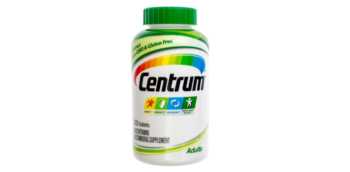Summary
-
What did ConsumerLab find testing multivitamins?
Eight out of 27 (29.6%) of the multivitamin/multimineral supplements selected by ConsumerLab.com for testing failed to get our approval. These are marked as "Not Approved" in the results table. -
What problems were found with multivitamins?
Some had lower levels of nutrients than the label claimed (only 14% of the expected vitamin D in one case), some had higher amounts (particularly gummies, three of which had nearly double the expected folic acid, and a prenatal with 88% more iodine than listed), and one took longer than permitted to disintegrate ("break apart") in solution. All product deficiencies were confirmed in tests in a second independent laboratory (see What CL Found and How Products Were Evaluated). -
Avoid toxicity:
Of particular concern is that several products provided more than or close to the Tolerable Upper Intake Levels (ULs) of some vitamins and minerals, above which there is increasing risk of toxicity with regular use: A prenatal exceeded the UL for magnesium; nine multis exceeded the UL for niacin; and a men's multi was right at the UL for vitamin B-6. ConsumerLab's Top Picks among multivitamins:
Among products that were "Approved" in testing, including nine products tested through CL's voluntary Quality Certification Program, Top Picks were selected as being best for the following categories based on product quality, appropriateness of dosage, formulation, and value:-
What to look for in a multivitamin?
When selecting any multi, as a start, be sure it lists the right amount of each essential vitamin and mineral for you. You can check your own requirements using our RDA table as well as the detailed information for each nutrient in this Review. -
Is it worth taking a multivitamin?
There is some evidence that taking a multivitamin can slightly decrease the risk of cataracts, modestly slow cognitive decline in adults with cardiovascular disease, and reduce symptoms of respiratory illness in older people. Prenatal multivitamins may reduce the risk of birth defects. However, there is no clear evidence that multivitamins can reduce the risk of dying from cardiovascular disease, cancer, or any other causes (see What They Do). Multivitamins may help treat or prevent nutrient deficiencies in people at risk for such deficiencies — although more targeted nutritional approaches may be preferable, such as for deficiencies in iron, B-12, and magnesium.

